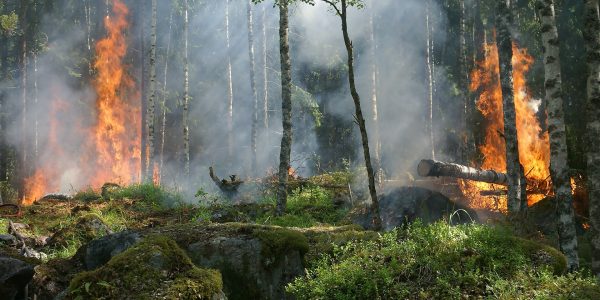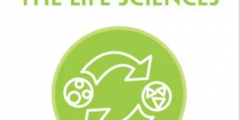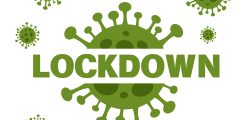Lockdown, freedom and responsibility
February 23, 2022
Two years ago, we learned a new word: ‘lockdown’. This was in fact an old word which acquired a new meaning during the Covid-19 pandemic. That new meaning gradually changed over time. Now ‘lockdown’ has more or less lost its meaning and just stands for something to be avoided at all cost or something that …
Superimmunity
February 11, 2022
From the start of the pandemic in the distant spring of 2020 linguists and communication researchers have kept an eye on language. They observed the emergence of new words, such as ‘covid’ and ‘covidiots’ and the increase in use and understanding of older or jargon words, such as pandemic, coronavirus, lockdown, social distancing, bubbles, and …
The concept of net zero hangs in the balance
November 12, 2021
‘Net zero’ has been in the air for a while and I let it waft over me without taking much notice. However, a few days ago I read Ken Rice’s thoughts on this matter on his And Then There’s Physics blog. He argues against a “recurring narrative that the concept of net-zero is flawed”, saying …









